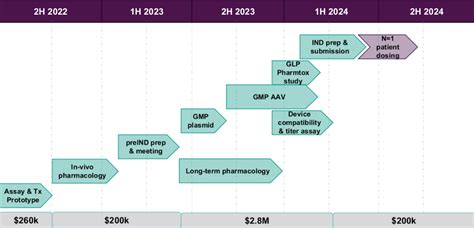Navigating the landscape of higher education jobs can be both exciting and challenging. As the demand for skilled professionals in academia grows, understanding the current trends, required qualifications, and potential career pathways becomes crucial. This article delves into the intricacies of higher education employment, highlighting the qualifications needed, the prospects for career growth, and the inherent challenges and opportunities within the field. Furthermore, we’ll explore how these roles significantly contribute to personal development and offer insights into the future outlook of higher ed careers. Whether you’re considering a career in academia or seeking advancement, this guide provides valuable information to help you succeed.
gamestire.com will lead an exploration of this topic in detail.
1. Current Trends in Higher Ed Employment
The landscape of higher education employment is continually evolving, shaped by various factors including technological advancements, shifts in educational paradigms, and changing student demographics. One of the most notable trends is the increasing demand for online and hybrid learning models. As institutions adapt to the digital age, there is a growing need for professionals skilled in educational technology and online course development.
Additionally, there is a rising emphasis on diversity, equity, and inclusion (DEI) within higher education. Institutions are actively seeking candidates who can contribute to a diverse and inclusive campus environment. This trend is reflected in hiring practices, with many colleges and universities prioritizing DEI initiatives in their recruitment strategies.
Interdisciplinary studies are also gaining traction, prompting a demand for educators who can bridge multiple fields of knowledge. This shift encourages collaborative research and teaching, providing students with a more holistic education.
Moreover, there is a significant focus on adjunct and contingent faculty positions. While these roles offer flexibility, they also highlight the need for institutions to address job security and benefits for non-tenure-track staff.
Lastly, the integration of data analytics in higher education has led to a surge in demand for professionals who can analyze and interpret educational data to improve student outcomes and institutional efficiency. As these trends continue to shape the higher education job market, staying informed and adaptable is key for aspiring and current professionals in the field.
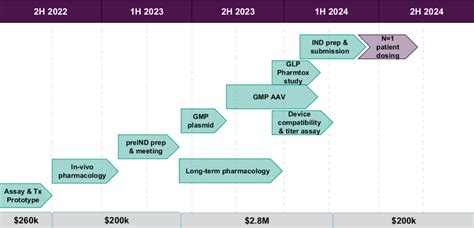
2. Qualifications and Skills Required
Pursuing a career in higher education requires a blend of academic credentials, specialized skills, and personal attributes. At the foundational level, a master’s or doctoral degree in a relevant field is typically necessary, with a strong emphasis on research capabilities and subject matter expertise.
Beyond academic qualifications, practical experience in teaching, either as a graduate teaching assistant or in other educational settings, is highly valued. Effective communication and presentation skills are essential, as educators must convey complex concepts clearly and engagingly. Proficiency in educational technology is increasingly important, given the rise of online and hybrid learning models. Familiarity with Learning Management Systems (LMS) and virtual classroom tools can set candidates apart.
Interpersonal skills, including empathy and cultural awareness, are crucial for fostering an inclusive and supportive learning environment. Institutions are prioritizing diversity, equity, and inclusion (DEI), making it important for candidates to demonstrate their commitment to these principles through previous work or training.
Additionally, analytical skills are valuable, especially for roles involving data-driven decision-making. The ability to interpret educational data to enhance student outcomes and institutional performance is a sought-after skill.
Lastly, adaptability and continuous learning are key traits for success in higher education, given the field’s dynamic nature. Professionals must stay abreast of emerging trends and advancements to remain effective and relevant in their roles.
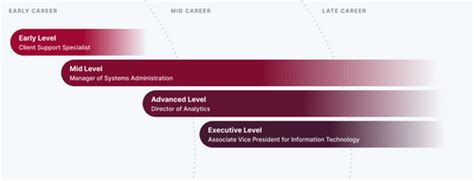
3. Career Growth and Advancement Opportunities
Career growth and advancement in higher education are marked by a variety of pathways, each offering unique opportunities. Starting as an adjunct or assistant professor, individuals can progress to tenure-track positions, leading to roles as associate or full professors. Tenure provides job security and opportunities for significant influence within the institution.
Administrative positions such as department chairs, deans, and provosts represent another advancement route, focusing on leadership and strategic planning. These roles often require a blend of teaching experience and administrative skills.
For those interested in specialized areas, positions in research, educational technology, or student affairs offer growth opportunities. Engaging in continuous professional development, such as attending conferences, publishing research, and participating in academic committees, can enhance career prospects.
Furthermore, higher education professionals can transition to consultancy roles, providing expertise to educational institutions globally. This diverse array of career paths ensures that individuals can find roles that align with their skills, interests, and career aspirations.
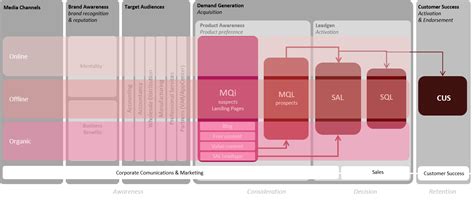
4. Challenges and Opportunities in Higher Ed Jobs
Higher education jobs come with a unique set of challenges and opportunities. One significant challenge is the competitive nature of the academic job market, particularly for tenure-track positions. This competition can lead to job insecurity, especially for adjunct and contingent faculty. Additionally, the pressure to publish research and secure funding can be intense.
However, these challenges are accompanied by substantial opportunities. The increasing emphasis on online and hybrid learning creates a demand for professionals skilled in educational technology. There is also a growing focus on diversity, equity, and inclusion (DEI), offering opportunities for those dedicated to fostering inclusive educational environments.
The interdisciplinary nature of modern education encourages collaborative research and teaching, allowing educators to innovate and expand their expertise. Furthermore, the integration of data analytics in education provides opportunities for professionals to contribute to data-driven improvements in student outcomes and institutional efficiency. Embracing these opportunities can lead to a fulfilling and impactful career in higher education.
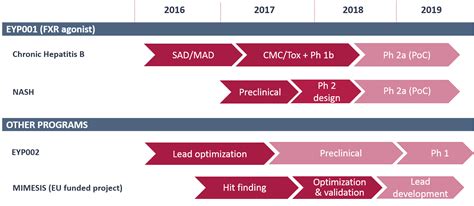
5. Impact of Higher Ed Jobs on Personal Development
Working in higher education significantly contributes to personal development, offering numerous opportunities for growth and self-improvement. Engaging with diverse student populations and colleagues enhances interpersonal and cultural awareness, fostering empathy and effective communication skills. The continuous need to update course content and incorporate new research encourages lifelong learning and intellectual curiosity.
Professionals in higher education often develop strong leadership and organizational skills through roles that require managing projects, committees, and administrative tasks. The collaborative nature of academic work, including interdisciplinary research and teaching, nurtures teamwork and problem-solving abilities.
Moreover, the academic environment promotes critical thinking and analytical skills, essential for both personal and professional growth. Engaging in research and publication processes hones these skills further, contributing to one’s academic and intellectual development.
Balancing teaching, research, and service responsibilities can also enhance time management and adaptability, key traits for success in any field. Overall, a career in higher education offers a rich landscape for personal development, making it a rewarding professional path.

6. Future Outlook for Higher Ed Careers
The future outlook for careers in higher education is both promising and evolving. The ongoing shift towards digital learning platforms will continue to drive demand for professionals skilled in educational technology and online pedagogy. As institutions adapt to technological advancements, roles related to instructional design, virtual reality in education, and digital course management are expected to grow.
Diversity, equity, and inclusion (DEI) initiatives will remain a significant focus, creating opportunities for those dedicated to fostering inclusive educational environments. Professionals with expertise in DEI will be in high demand as institutions strive to create more equitable campuses.
Interdisciplinary approaches to education will further expand, encouraging collaboration across various fields. This trend will open new avenues for research and teaching, particularly in emerging areas such as sustainability, artificial intelligence, and global health.
Data analytics will play an increasingly vital role in shaping educational strategies, necessitating a workforce adept at interpreting and utilizing data to improve student outcomes and institutional efficiency.
Overall, the future of higher education careers is characterized by innovation, inclusivity, and adaptability, offering diverse and dynamic opportunities for professionals in the field.
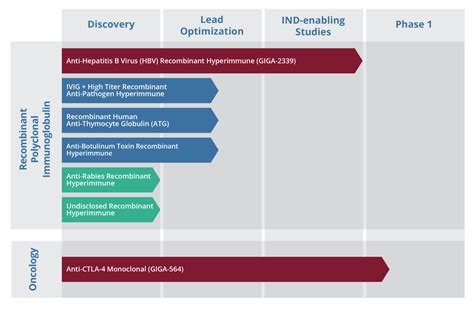
In conclusion, careers in higher education offer a dynamic and rewarding path, marked by evolving trends and diverse opportunities. From embracing digital learning and DEI initiatives to navigating interdisciplinary research and data analytics, professionals in this field contribute significantly to personal and academic growth. Despite challenges such as job competition and the pressure to secure funding, the potential for career advancement and the impact on student development make higher education a fulfilling and impactful career choice.
gamestire.com

